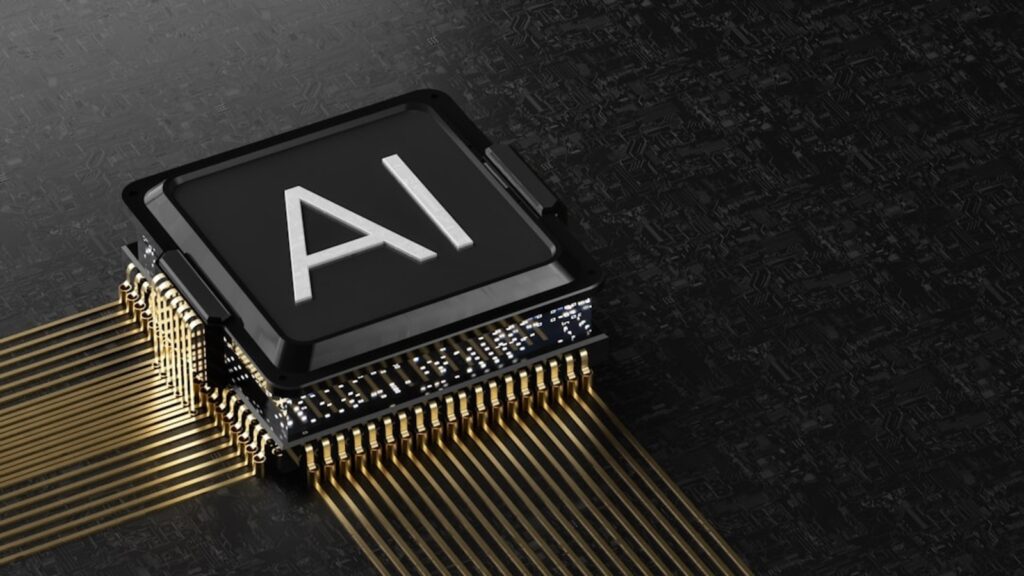Pensions, benefits and insurance are long considered slow and complex activities and industry, because any other industry is on the verge of digital renaissance. The industry and regulators envisage improved operations and customer experience thanks to a shift in inherited systems, soiled data and manual processes. Historically, the sector worked on inherited systems: partitioned data and heavy manual processes. Members’ recordings often change several times, resulting in fatigue of data and service inconsistencies. The need for immediate transparency and traceability increases in importance as policy changes such as the UK retirement freedoms and India National Retirement System (NPS) are gaining ground.

So where does the transformation come from? The future of pensions lies not only in infrastructure, but by reinventing the user experience.
The industry is at a paradigm change threshold, embracing new technological innovation through artificial intelligence (AI) and other intelligent technologies.
A study carried out by McKinsey indicates that in the world insurance sector, improving productivity and personalization with the implementation of AI could increase each year up to 1.1 billion of dollars.
The AI will redefine the way in which we engage with customers thanks to an empathetic service, the voice, recommendations of predictive products and a support focused on real -time feeling. The industry plans to progress strategically towards greater operational efficiency and an improvement in the customer experience adopting intelligent automation tools such as RPA, natural language treatment (PNL) and advanced AI, including conversational AI to generate a faster turnaround and unlock deeper information and intelligence allowing better customer services.
One of the oldest problems in industry, data inconsistency, is largely addressed by advanced data platforms. Actuarial functions will now evolve from retrospective analysis to prospective design, using automatic learning models to create really reactive and aligned products on the market in the best interests of customers.
This means products that evolve with people need and not years behind them.
Blockchain will anchor confidence allowing secure, verifiable and intelligent data exchanges between suppliers. He will change the situation for the collaboration on the scale of the industry, offering seamless transfer of the members, intelligent contracts based on milestones and complaint regulations without dispute.
The industry must follow the global trend of the first mobile. A key element in the measurement of success is to empower individuals with self-service intuitive tools which will not only improve satisfaction but which will reshape expectations. But none of this will take shape alone. The future requires intention and leadership. Organizations from around the world are investing more and more in modular, agile and centered platforms – not just processes.
With the global funding of Isurtech and the pension, reaching $ 1.1 billion in the third quarter of 2023 is the last proof of traction behind the transition to digital models first. This change reflects a deeper transformation: from the thought of the processes to the experience of thought, from the confinement of costs to the generation of value, of conformity inherited to governance lending to future.
The future of the pension industry is to evolve with the transformation of the retirement of the industry by the decision -making directed by the data with an ethical AI and a conception centered on human on a large scale. The industry does not simply prepare for what is following – it actively shapes it.
This article is written by RK Rangan, president and president, Aptia Group India.




